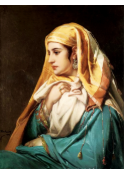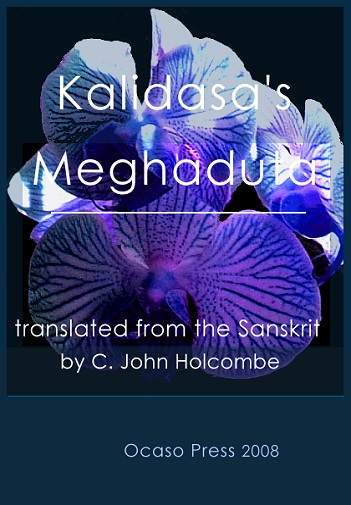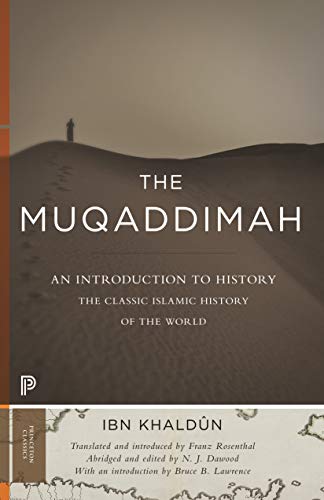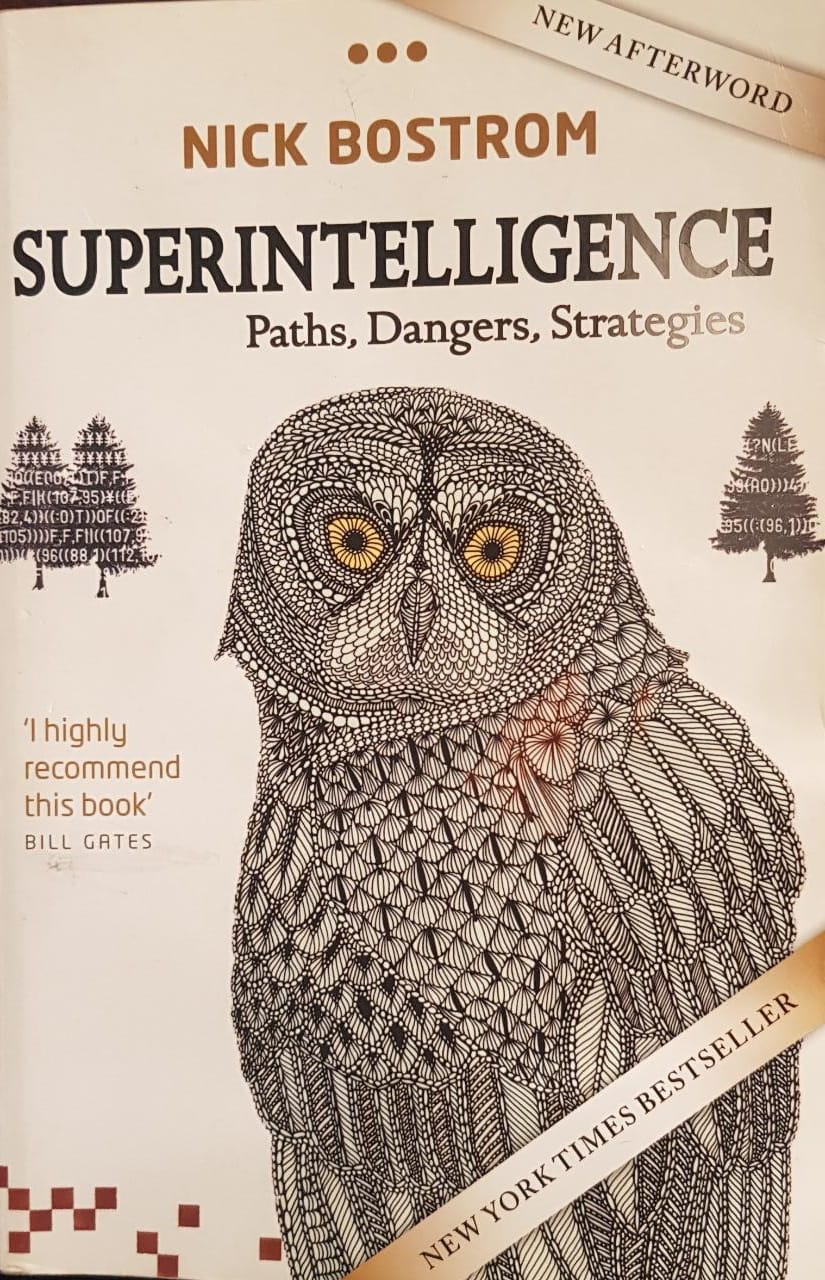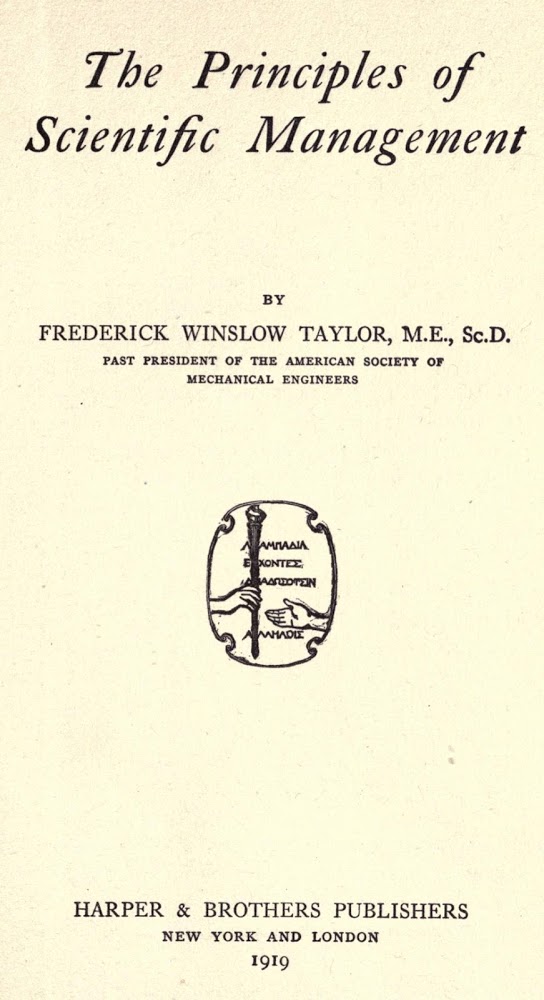We Are Like The Migratory Birds
The history of human civilization is basically the story of journeys and migrations of the homo sapiens from one abode to the another. Before the emergence of the agricultural revolutions and thereby the settled communities mass migration was a necessity and also an enterprise in seeking a better future. Our human history cannot identify any nation & community who have not migrated from one place to another in search for greener pastures.
As the period evolved in history, urbanisation took over and humans settled to develop civilizations rather than journey ahead in the name of a better future. Also with the growth of peace and trade & commerce stabilizing, migrations became less and less a necessity. Thereafter with the emergence of the nation state it was almost regarded as an affront to the territorial integrity of the nations. Migrations and mass journey were therefore for those only who had no lands and for those who were displaced by war, famine, disease, natural calamities and other vagaries of life.
The Historical Travellers
I personally believe that journeying is in the DNA of the human race and this is one of the reasons for the progress of human civilization. Stagnation is death and dynamism specially in the physical sense is life for the humans. Humans not only journey for better prospects but do so to seek knowledge, to create cultural harmony and to develop better understanding between different human communities. This is Leadership of a higher order because it brings people together and unites humanity.
The tendency of humans to journey has motivated people, who had passions to discover the unknown, became the great travellers in the history of mankind. They were the men who, in spite of great natural and physical difficulties, risked their future and life to connect different civilizations even to the remotest corners of the world.
Such people are known in history as the Travellers who journeyed for the sake of understanding human civilization. They were the people who wrote books so that the knowledge of those times are preserved and documented forever. We are indeed grateful to this long list of historical travellers who brightened the darkened part of the world and opened up the unknown facets of different civilizations of the earth.
Ibn Batuta, The Great Traveller
Among those glittering names like Hsuan Tsang, Marco Polo, Magellan etc, the one name that surely stands out is of Ibn Battuta, the 14th century traveller from Morocco, who travelled more than any traveller has ever journeyed.
He travelled from North Africa to Egypt, Arabian peninsula, Persian lands, South eastern Europe, Central Asia, Afghanistan, Pakistan, India, South-East Asia, Maldives and ultimately to China. In those times travelling to China was the ultimate goal for any passionate traveller as it was considered a great physical task. Then again he journeyed back to his home to Morocco.
He was on a journey without a break for almost 18 years and this is absolutely astonishing. This is amazing if you can plot it on the google map which translates to about 75,000 miles (120,000 km). Even in this age it seems too difficult a task what Ibn Batuta achieved in those times. The path of his journey is almost half of the globe and he met almost half of the humanity of that time.
Source : UC, Berkeley
Ibn Batuta had so much passion for travelling that at the young age of 21 he decided to forsake his comfortable life and go on a pilgrimage to Mecca, not in a group but alone. In those times the Pilgrimage to Mecca, all through the deserts & in the hostile lands, was regarded as an ultimate test of travel and of human character.
His start of travel at such a young age was an indication of his passion and he did it against the wishes of his family and friends. There is an interesting story which motivated him to travel so much at such a young age. He had a dream in which he was flying on the wings of the great bird to Mecca and to the other parts of the world. He understood this dream to be an indication for him to be a Traveller.
He immediately starts his journey from his home and reaches Egypt where he meets a learned man and tells him about his dream. The learned man advises him not stop at Mecca only but to journey continuosly around the globe till he reaches China and India. That wise man foretells to Ibn Batuta that he is destined to complete his journey and his writings will serve as a historical record for humanity. This meeting with that learned man invigorated him so much that Ibn Batuta thereafter did not look back and became the greatest traveller of all time.
The Rihla
Ibn Battuta collected all his experiences of 18 years of travel and wrote a book called the “The Gift of the Beholders on the Peculiarities of the Regions and the Marvels of Journeys” which is shortened in Arabic as “Rihla” which means the “Travels”.
Ibn Batuta was not a historian and neither was he a philosopher. His book the Rihla is not a detailed historical, geographical nor a philosophical treatise of his time. This is simply a traveller’s diary where he writes down about everything he observes and offers his unabashed opinions at times. The Rihla should not be taken as a form of a research book into the lives and times of that period. The readers must draw their own inferences rather than reading too much and thinking too deep into the factual details.
The Rihla forms the source of our information about the socio-cultural and religious lives of the societies at that time. This book is the primary source of historical writings on many dynasties of that time in Africa, Arab lands, Central Asia and in India. The book talks about the food, culture, dress and about everything we want to know about that age.
The Leadership Aspects
The Rihla is a keen delve into the society, administration, urbanisation, trade and governance in those times. The narrations are not detailed but enough to make us understand the era. The book talks about the good, the bad and the ugly things he observed during his travels.
This book has examples about transformational leadership, transactional leadership, autocratic leadership and I was surprised to find even examples of laissez faire leadership in certain passages of the book. Whenever Ibn Batuta talks about administration there is always a hint towards bureaucratic leadership, authoritarian leadership and situational leadership. The one thing that you can deduce yourself as a reader is about Thought Leadership, visionary leadership which generally has been celebrated as the charismatic leadership.
The Rihla has ample anectodes and descriptions to tell you about all facets of leadership styles, leadership skills, types of leadership, leadership traits and also about tribal leadership. I feel that the historical travellogue can form as a good base for modern day leadership and management courses, leadership development programmes, leadership courses, executive coaching and all aspects of leadership training.
The reading of this book will transform you to those ages and it is full of anecdotes, cryptic comments about the kings, ministers, people, regions, habits, culture and their way of life. It is of no surprise that like all the travellers of the past he wrote what he saw and offered his opinion without much political correctness.
So at many places in the Rihla, the readers would find many unpalatable comments but it has to be taken in the right spirit of those times. As a traveller one is supposed to offer his opinion frankly and it is not incumbent on us to agree with whatever he says. This is an absolutely fine way of reading any travelogue.
The Advise
My advice always is that we must read history and especially historical travelogues with an open mind. We must always remember that comparing historical periods with the present times will always kill all the joys of reading historical travelogues. This is the perfect exercise in futility.
What is more important is that we have to journey into the history of those days along with the traveller through the medium of his book. As we journey through the book we will see the history of the progress of nations as well as the decline of many kingdoms. We would witness the joyful, the sad and the unsavoury as well as the unknown facets of those times. We would actually live the history of that period.
The Moments From The Rihla
In the book of Ibn Battuta, there are interesting anecdotes and the one which really surprised me was about a particular tradition in a city of Egypt. Whenever any ship docked at the port, the young people of that city used to be the guide and the host of those travellers from that ship. The travellers used to be treated with utmost respect and each youth of the city had this compulsory duty to host one of them. The learned and the wise among the travellers used to be the guest of the king and the judge of the city used to receive him at the port and honour him officially.
This aspect of the tradition helped in the confluence of culture as well as in the dissemination of knowledge and more particularly in the understanding of each other's way of life.
If you read the books of any travellers the first impression they give is about the general environment of the place they are about to describe. Before entering any place, Ibn batuta also talks about the air quality of that place. He mentions whether the city smells pleasant or is full of stench. He rates cities on the basis of their air quality and the pleasantness of their air. The author throughout the book detests pollution and is very particular about the purity of the environment. An unusual environmentalist of his time.
Another incident from the book that amused me is that Ibn Batuta mentions about a city that survived only on the fish as a diet and nothing else. They were so fond of the fish that they fed their goats and cattles also with the fish diet. Even Ibn Batuta, who has travelled so much, is surprised and says that this is perhaps the only place in the world which is so fish stricken.
The Central Thesis of Rihla
Whenever I read history I do not just read the facts mentioned therein. I try to read and understand the underlying & hidden messages of those facts. I vehemently believe that understanding history without involving philosophy is a waste of human intelligence. While reading the Rihla, I have tried to deduce the unspoken meanings inherent in its narrations.
When you read the travel books of history, you get to know the limits of human endurance. You understand that human civilization has progressed in epochs and is still progressing like an endless journey. Through the Rihla we understand that culture is relative and there is nothing called perfectness in life.
We know from the Rihla that we humans are very different from each other from region to region but at the base level we all are united by the concept of humanity. The basic characteristics of all the people in the world are the same. The fear, the hope, the aspirations and their pasts are almost the same everywhere. We actually stand united in our very diversity.
The Rihla invisibly points towards the underlying laws of humanity, that in this world, along with the demise of nations, we also simultaneously witness the birth of new entities. Alongwith the destruction there are also creations happening at the same time in our existence. The old societies have to give way to the new ones and old routes have to be forsaken for the new roads. Life moves on just like the journey of the endless celestial objects.
The Rihla gives us the silent message that nothing in this world is permanent. somebody rises up because somebody has fallen and this provides you with the ultimate perspectives of life.
The ultimate understanding I have taken from the Rihla is that we must travel as much as we can to understand the fundamentals of our shared human history. Being stuck up in a place is like being blinded with our own biases and prejudices. There is nothing called a permanent & location based citizenry but we all are actually the Global Citizens of the world.
Ibn Batuta was not the Morrocan we assume him to be but he was truly the global citizen of his time. To honour and remember this great traveller a lunar crater is named after him which symbolises the great journey of mankind beyond the frontiers of our earth.

 Get a PDF Free Book
Get a PDF Free Book
